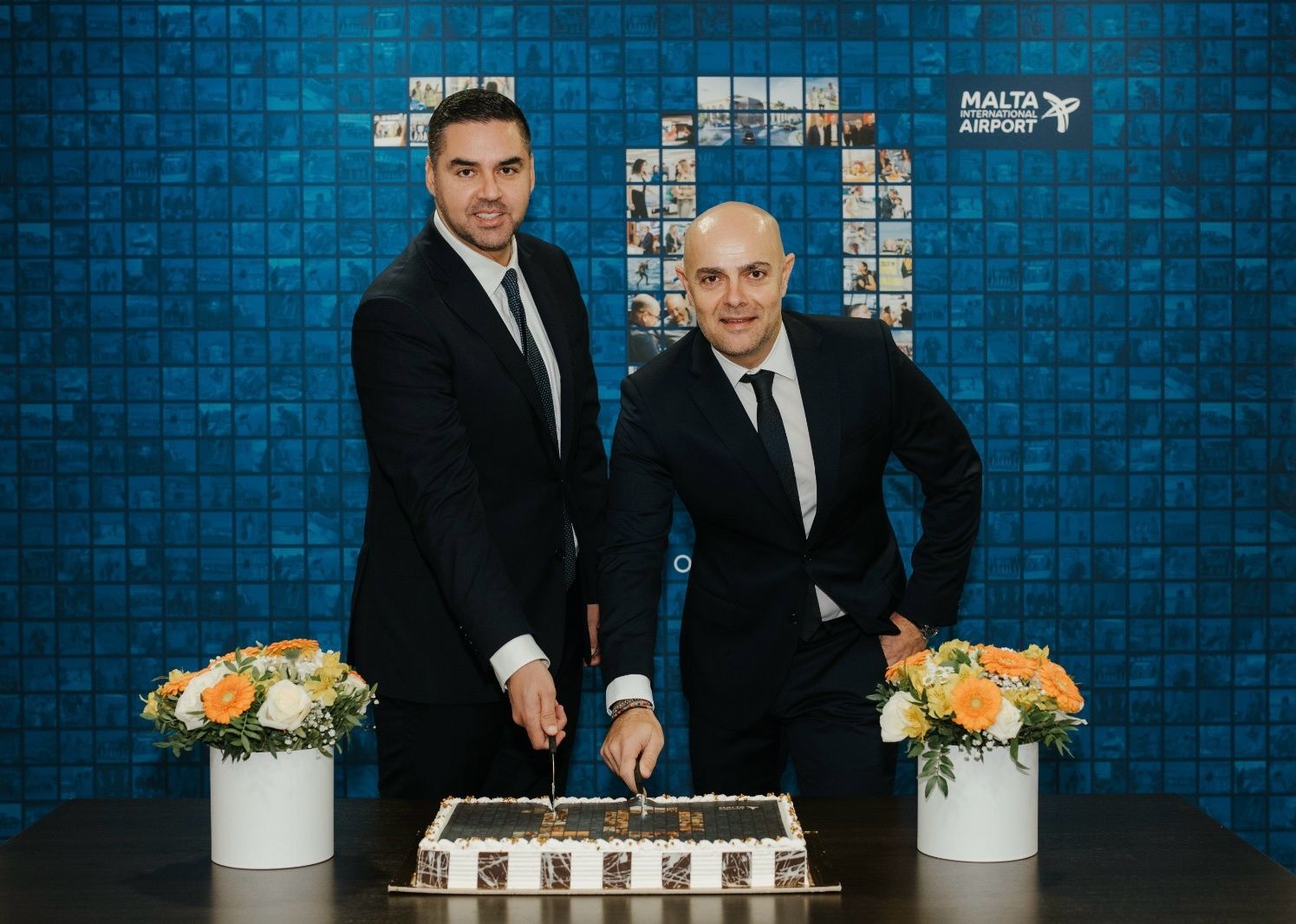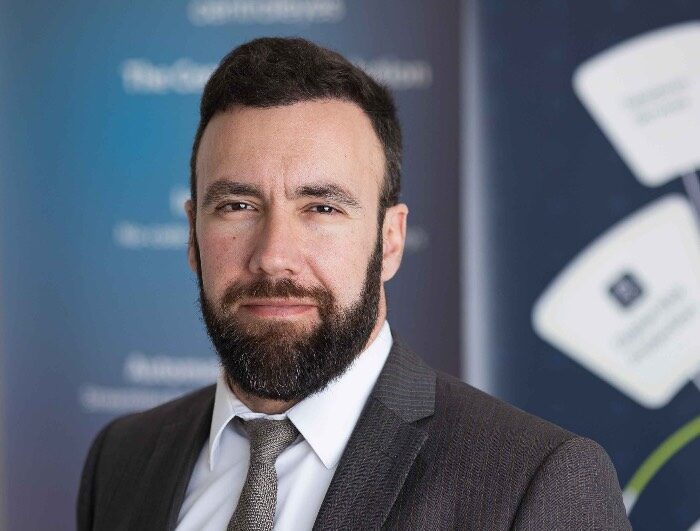Let me start by defining what failure is. Failure is a lack of success, or the inability to meet an expectation.
As we fail, we can experience embarrassment and pain. However, we are aware that failure can be useful. A child learning to walk will fall numerous times before s/he figures out how to maintain balance and take one step followed by another. As we learn from failure, we gain new insights, that help us do better next time. The right kind of failures give us new information, allows us to see things from a different perspective, develop new insight and teach us things that get us closer to our goals.
Our brain is programmed to determine danger and reward. It is programmed to increase reward responses and minimise threats, so it’s natural to try to avoid things that could fail. The world we live in promotes and highlights the successes of individuals and teams. All successful people have experienced failure, however some people know how to learn from it to be more successful in the future.
Learning from failure depends on us learning faster to perform better. Here are a couple of examples. J.K. Rowling was rejected by 12 different publishers before one of them picked up Harry Potter. The Wright Brothers built on history’s failed attempts at flight, including some of their own, before designing a successful aeroplane.
Those comfortable with failure live by the motto: if you aren’t failing, you aren’t taking big enough risks. If we shift this phrase around it can also read: if everything you try turns out exactly as planned and feels very comfortable, you probably aren’t stretching yourself. And if you aren’t stretching, you aren’t growing.
As I coach international executives, fear of failure is a topic that is brought up frequently. We focus on developing resilience and persistence to do something despite difficulty or delay in achieving success.
Studies show that those who fail regularly and keep trying anyway are better equipped to respond to challenges and setbacks constructively. They learn how to try different strategies, ask others for advice, and persevere.
Developing the following strengths will make us more resilient in the face of adversity:
- Self-compassion. Show kindness toward ourselves and others involved in the failure. Focus on empathy and keeping the failure in perspective. It is ok to admit failure, but don’t beat yourself up over it.
- Mental agility. Be willing to quickly learn from failures, soon after pivoting to new opportunities.
- Growth mindset. Take a learner’s approach instead of responding defensively or passing on the blame, reflect and try to understand how to be different going forward.
- Problem-solving. Stay curious and creative. Collect data to make informed decisions and identify the next steps.
- Purpose and meaning. Reconnect with the larger meaning behind the goal, reminding yourself of ‘the end in mind’ and using that to drive new approaches.
- Recognition. Appreciate the efforts that you and others have dedicated to arriving at this point. Feel successful by weighing the process as much as, or more than, the outcome.
So, think of a challenge you want to take on – realise it’s not going to be easy, accept that you’ll make mistakes, and be kind to yourself when you do. Give yourself a pep talk, stand up, and go for it. The excitement you’ll feel knowing that whatever the result, you’ll have gained greater knowledge and understanding, stretching yourself out of your comfort zone and growing your confidence in the process, is priceless.
Karl Grech coaches leaders to inspire, motivate & engage their teams. He supports people to gain confidence in their leadership roles and helps them overcome challenging situations. Karl is an Associate Certified Coach (ACC) with the International Coaching Federation (ICF). When he is not working, he is enjoying family time spending time, fitness activity, and embracing traffic as an opportunity to listen to podcasts. Karl can be reached at coaching@karlgrech.com or visit www.karlgrech.com to learn more.
Give back to the community: 5 ways business leaders can use their influence to be more philanthropic
Given social media’s rise in recent years, business leaders’ roles as instigators for social change have never been greater.
What CEOs can learn from Ferrari and a children’s hospital
An unusual combination that makes for great insight.
3 strategies to help your team manage stress and stay productive
As a leader, you play a crucial role in creating a workplace culture that prioritises both productivity and employee well-being.
5 key self-development tips every business leader needs to take note of
Self-development can come in the form of better leadership skills, growing a wider network of contacts, and also an improved ...









